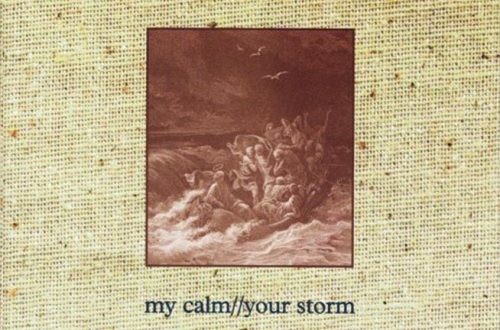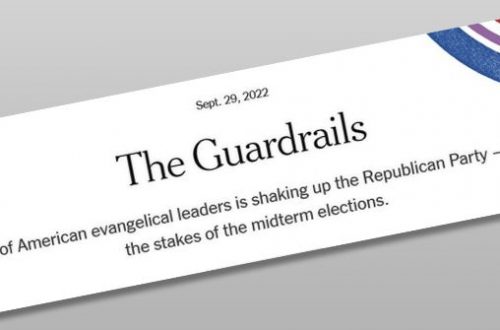 There’s an interesting item in today’s Washington Post about a soldier killed in Afghanistan who was a Wiccan. The fact that a veteran’s cemetary is not letting his widow put a pentacle (a pagan symbol, pictured right) on his memorial is a controversy in itself.But what jumped off the page to me in the Post article was it’s description of Wicca:
There’s an interesting item in today’s Washington Post about a soldier killed in Afghanistan who was a Wiccan. The fact that a veteran’s cemetary is not letting his widow put a pentacle (a pagan symbol, pictured right) on his memorial is a controversy in itself.But what jumped off the page to me in the Post article was it’s description of Wicca:
Wiccans still suffer, however, from the misconception that they are devil worshipers. Some Wiccans call themselves witches, pagans or neopagans. Most of their rituals revolve around the cycles of nature, such as equinoxes and phases of the moon. Wiccans often pick and choose among religious traditions, blending belief in reincarnation and feminine gods with ritual dancing, chanting and herbal medicine (source).
As I read the Post’s characterization of this neo-pagan religion, it sounded very familiar. Actually, it sounded just like Dan Brown’s attempt to rehabilitate paganism in The DaVinci Code. Here’s the pertinent section from Chapter 6 of The DaVinci Code:
Langdon said. “Primarily, the pentacle is a pagan religious symbol.â€
Fache nodded. “Devil worship.â€
“No,†Langdon corrected, immediately realizing his choice of vocabulary should have been clearer.
Nowadays, the term pagan had become almost synonymous with devil worship—a gross misconception . . . the pentacle’s true origins were actually quite godly. (The DaVinci Code, Chapter 6).
What should we make of the claims by the Washington Post, Dan Brown, and many others who are trying to rehabilitate paganism by disassociating it from Satan worship?
We must recognize, first of all, that the Wiccans probably don’t think they are worshipping Satan. I’m sure that they think of Satan as a figure in the Christian tradition with which they want nothing to do. In this sense, the Post and Brown are accurate.
Nevertheless, paganism is not new, and the Bible has a definitive word concerning what it is that the Wiccans are worshipping.
In the apostle Paul’s day, he warned the Corinthian Christians against participating in pagan religious ceremonies. Paul told them that when people gave sacrifices to any of the deities of the Greco-Roman pantheon of gods, they were actually sacrificing to “demons†(1 Cor 10:20).
It’s not that Corinthian pagans were consciously worshipping demons, it’s just that demonic powers were actually behind the purported Greco-Roman gods, whether the pagans knew it or not. Make no mistake, as with every other brand of paganism that has ever existed, the Wiccans serve demonic powers whether they realize it or not.
Dan Brown and the Washington Post, however, are not operating from a biblical worldview when they try to separate paganism from the worship of Demons. They are merely reflecting the twisted conscience of a culture that has long since jettisoned a Judeo-Christian view of such things.
The good news is that the Gospel of Jesus Christ is for pagans too. Just as the Lord was pleased to save pagan Corinthians from their vices (1 Cor 6:11), so He is strong to save neo-pagan Americans even today. Let’s pray that the Gospel of Jesus Christ crucified and raised for pagans will be lifted up and heralded in our own day. It is this Christ who is our only hope in a world that is increasingly enthralled with the doctrines of demons (1 Tim 4:1).



